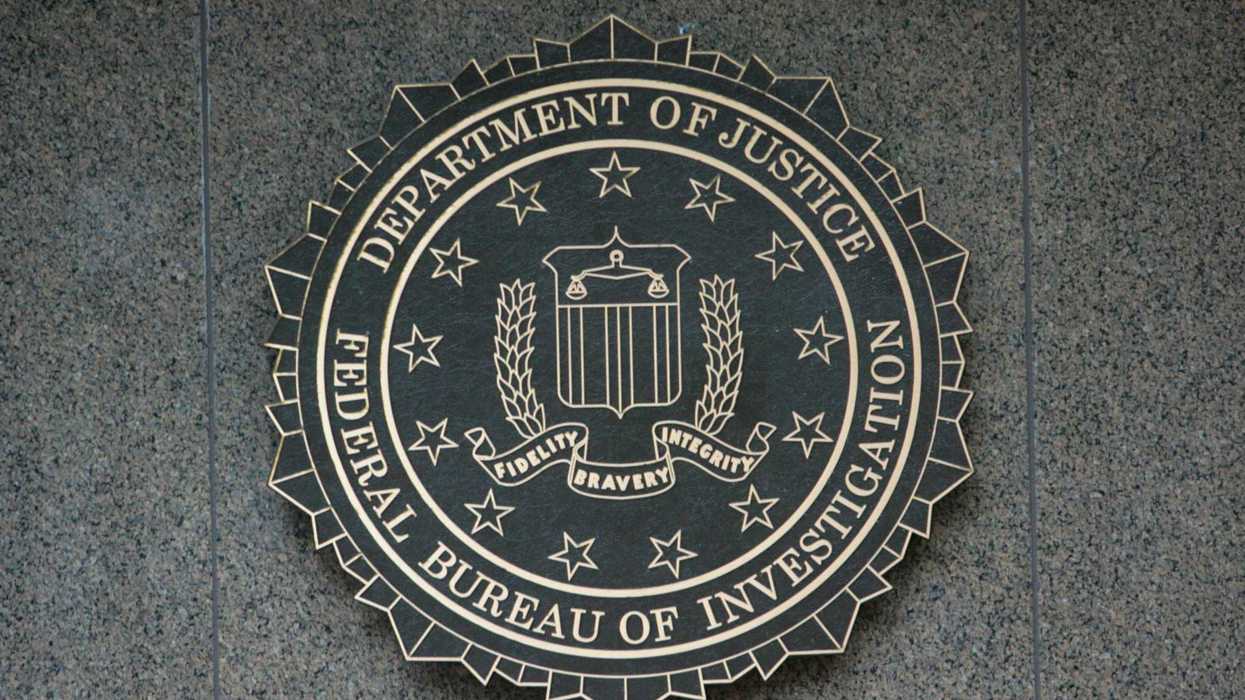The US Environmental Protection Agency's decision to reapprove paraquat, a herbicide linked to Parkinson's disease, is facing criticism and legal challenges.
Tom Perkins reports for The Guardian.
In short:
- The EPA reaffirmed the safety of paraquat, a herbicide linked to Parkinson's disease, despite widespread scientific evidence to the contrary.
- The decision has been challenged by public health groups, citing extensive research showing the risks associated with paraquat.
- The herbicide is banned in many countries but continues to be used extensively in the United States.
Key quote:
"There is an incredibly overwhelming body of evidence on this that has been accepted by scientists across the globe, and the EPA’s decision really placed it at odds with the best available science."
— Jonathan Kalmuss-Katz, senior attorney, Earthjustice
Why this matters:
This article highlights the challenges in balancing the need for effective agricultural tools with the imperative to protect public health and the environment. The controversy over paraquat's reapproval reflects broader issues regarding regulatory processes and the influence of industry interests in public health decisions.














